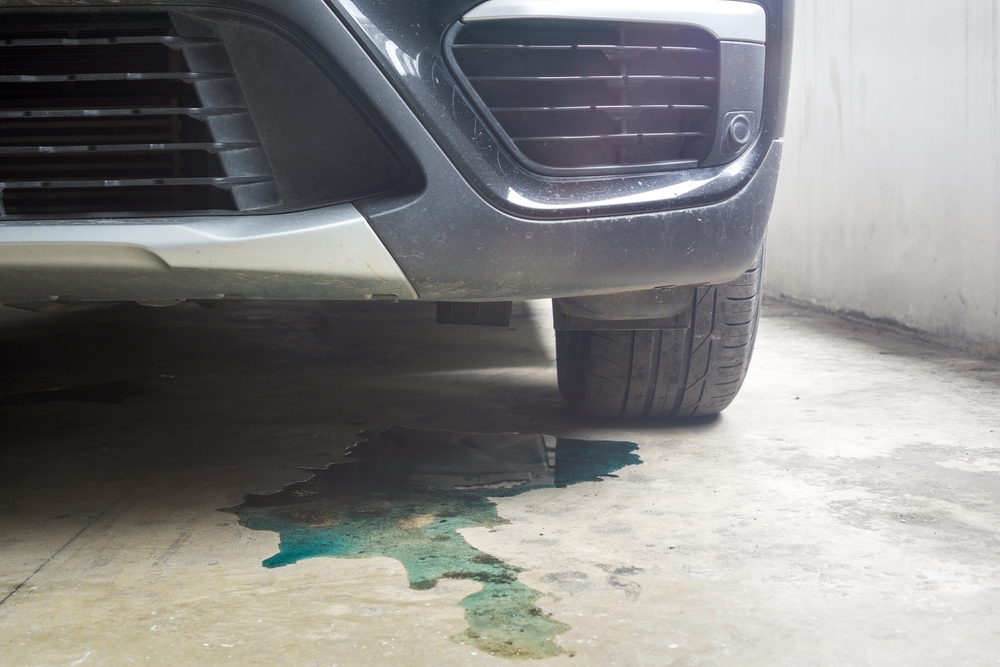As winter blankets the world in snow and ice, it’s important to remember that our beloved pets rely on us to keep them safe, warm, and healthy during the chilly months. Just as you take extra precautions to protect yourself from the cold, your pet needs special care to stay safe in winter conditions. Our Cedar Creek Pet Hospital team put together this comprehensive winter safety guide to ensure your pet’s well-being throughout the season.
Limit time outdoors
When temperatures drop below freezing, you stay inside with a blanket and hot chocolate. Your pet is also susceptible to winter’s chill, and should not go outside for more than a few minutes at a time. Pets should never be left outside for long periods or housed outside during the winter months, since prolonged exposure to the cold can lead to hypothermia or frostbite.
Recognize hypothermia signs
Some dogs love the cold and snow, and would happily stay outside for hours playing. If your dog is an Eskimo at heart, watch them closely to ensure they do not show signs of hypothermia, such as:
- Shivering
- Cold ears and extremities
- Lethargy
- Pale or bluish gums
- Muscle stiffness
- Shallow breathing
- Confusion or disorientation
- Loss of coordination
- Collapse or unconsciousness
Hypothermia can progress rapidly, especially in severe cold or wet conditions. If your pet is showing hypothermia signs, move them to a warm, dry area, wrap them in blankets, and provide a heat source, such as a heating pad set to low or warm water bottles wrapped in towels. It’s important to seek immediate veterinary attention, even if your pet seems to recover, because hypothermia can lead to serious complications.
Bundle up your pet
While some pets have thick fur coats to keep them warm, others may need a little extra insulation during winter walks. Consider investing in a pet-friendly sweater or coat to protect your pet from the cold. Ensure the clothing fits comfortably and covers your pet’s vulnerable underside.
You can also purchase boots to protect your pet’s feet from harsh ice, salt, and chemicals during winter walks. If your pet will not tolerate footwear, gently rinse their feet after walks to remove salt and ice that can cause paw pad irritation.
Stay away from frozen bodies of water
While walking, keep your pet on a leash to prevent them from roaming into unsafe territory. Snow-covered ground could hide a frozen pond or lake, and your pet could unknowingly walk onto thin ice. If your pet falls through the ice, hypothermia will set in quickly, and they may be unable to escape.
If your pet does fall into cold water, do not jump in to try and save them, as you could drown. Instead, call for professional assistance and try to keep your pet calm.
Prevent falls
Ice-covered walkways can be dangerous for any pet, but senior pets are especially susceptible to falls, which could result in injury. When walking, stick to cleared sidewalks and paths, or walk on the grass, which may provide better traction. After it snows, don’t forget to shovel a path on your back porch or patio so your pet can safely take bathroom breaks. If your pet hesitates to use snow or ice-covered ground, before it snows cover a patch of your lawn with a tarp or kiddie pool, and simply remove it to reveal a clear spot for potty breaks.
Safety store winter chemicals

Antifreeze and deicing chemicals can be toxic to pets if they are ingested. Antifreeze has a sweet taste that pets find irresistible, and they readily lap up any spilled liquid. Once ingested, the toxic chemical, ethylene glycol, causes kidney failure that becomes fatal without prompt treatment. As little as one teaspoon can be deadly for pets, so any ingestion should be considered an immediate emergency.
Salt-based deicers can cause salt toxicity if pets eat them. Although licking a small amount from their paws may cause vomiting or diarrhea, ingesting larger quantities can be deadly.
To protect your furry friend, store antifreeze containers and bags of sidewalk salt securely out of your pet’s reach, preferably in a locked cabinet or storage area. When refilling your antifreeze, ensure there are no leaks, and clean up any spills immediately.
Winter can be a magical season for you and your pet. By following these winter safety tips, you can ensure your pet stays safe and healthy through the cold months. If you have any concerns or questions about your pet’s health, call our Cedar Creek Pet Hospital team for guidance.






Leave A Comment